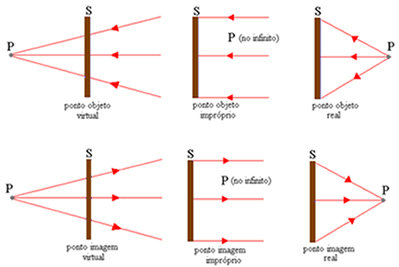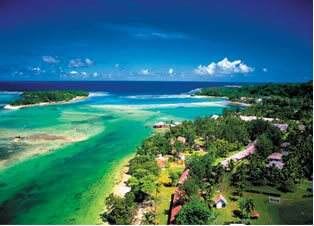Good news for the low-income people of Rio de Janeiro: the energy concessionaire Light estimates that more than 600,000 families residing in 31 municipalities in the Rio de Janeiro are entitled to the social energy tariff, but still do not use it.
The social tariff, created by Federal Law 10,438/2002, offers discounts to low-income consumers, mostly from classes D and E.
see more
Japanese company imposes time restriction and reaps benefits
Alert: THIS poisonous plant landed a young man in the hospital
Applying for the benefit is quite simple: customers only need to have some identification documents, such as the Social Identification Number (NIS) or the Benefit of Continued Provision (BPC), Individual Taxpayer Registration (CPF), identification document with photo and the number of the installation that appears in the account of energy.
When everything is properly organized, they must contact the company through the service channels (telephone, internet or specialized service centers).

The NIS is one of the records created and used by the Federal Government to identify whether or not citizens receive social benefits.
The BPC (Benefit of Continuous Provision), foreseen in the Organic Law of Social Assistance (LOAS), guarantees a monthly minimum wage for seniors aged 65 or over, or for people with disabilities, regardless of age.
Other types of assistance must be passed through preferential care, where specific cases will be analyzed individually.
Data collected last year shows that the number of subscribers increased by more than 40%, from 557,136 in January to 783,611 in December.
Now, around 859,000 Light users are registered for the social tariff, which offers discounts of up to 65% on the electricity bill for families with a per capita income of up to half the minimum wage.
In the first five months of 2023, the electricity concessionaire registered more than 75 thousand families.


